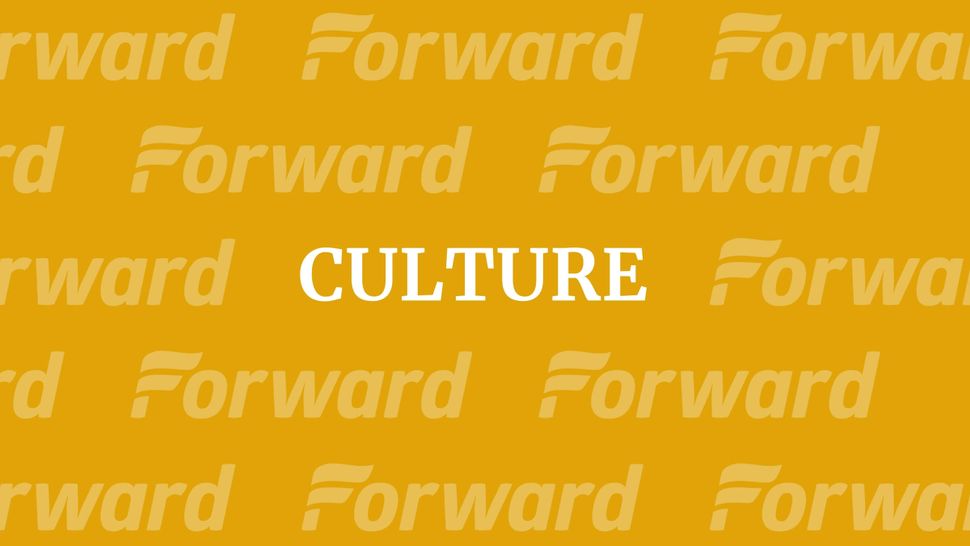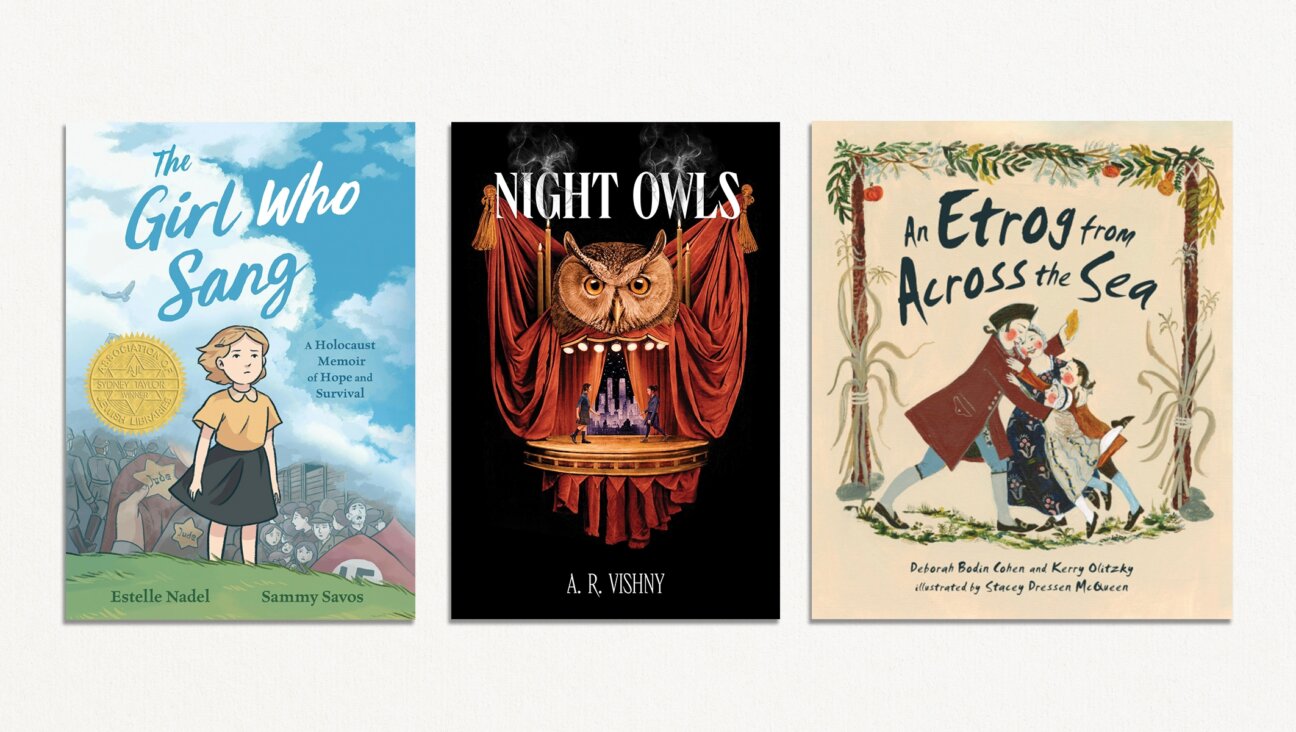Q&A With Novelist Jami Attenberg

Jami Attenberg is the author of “Instant Love,” “The Kept Man,” “The Melting Season” and, most recently, “The Middlesteins,” which Interview magazine called “juicy, delicious, dark smorgasbörd of a novel. (It is that and more.) “The Middlesteins” is the story of a Midwestern Jewish family’s relationships, realizations and appetites. Attenberg spoke with The Sisterhood about loving her characters, connecting to the past, and writing a Jewish book.
THE SISTERHOOD: Whenever I read your books, I have the experience of things being revealed in such a clever and graceful way. I see so much in “The Middlesteins.” It’s about missing each other in spite of being present in each other’s lives. It’s about how much we don’t know about people we love. And it’s about ritual, surprise and hunger. What does “The Middlesteins” mean to ou?
JAMI ATTENBERG: Oh gosh, it’s about so many things. When I look at my favorite parts of it now, I go back to the bits that were about passion and excess. So I love all the eating scenes, for example. I wrote all those with love. But also it’s about communication, or lack thereof. The hard conversations we don’t want to have — and often don’t have – are hovering around the edges of this book for me. For such a loud culture, we often remain too silent.
I’ll be transparent here. I’ve read “The Melting Season,” “The Kept Man” and “Instant Love,” all ravenously, and I’m curious as to what brought on, well, the surge of Judaism. It’s so present throughout your new book. I know that as a writer it’s complicated; sometimes you get attacked by characters, sometimes they creep in slowly. How did you decide to follow this particular thread?
I don’t know if I necessarily set out to write a Jewish book, per se. There was more of a desire to write about the milieu in which I was raised. Even though these characters are not my family — and I think my family members would all attest to the fact that these characters do not resemble them — they are of a community that is familiar to me. It was where my creative eye rested at that moment in time. I think it was more about getting older and being ready to revisit the past with a fresh perspective. That said, it was fascinating to explore Judaism and my own relationship with my faith in this book, and I was so glad I had a chance to do it. I came out the other side a changed person, even if only slightly.
You write from so many perspectives in the book. Was there one character you felt particularly close to or are still thinking about?
Well, I loved Kenneth, the Chinese chef who falls in love with Edie, a lot. I am very fond of all the Edie chapters. Those felt deeply personal to me. I felt her pain. I feel all of these characters very deeply, although I don’t think I would need or want to write “The Middlesteins Part II.” I’ve put these poor characters through enough.
Who should read “The Middlesteins?” Who do you hope will read it?
I didn’t have a target audience in mind when I wrote it, although obviously I hope Jews will connect with this book. But if I did my work correctly, if I wrote well, anyone should be able to appreciate it. More than anything else, I have always thought of “The Middlesteins” as an American story.
A message from our Publisher & CEO Rachel Fishman Feddersen

I hope you appreciated this article. Before you go, I’d like to ask you to please support the Forward’s award-winning, nonprofit journalism so that we can be prepared for whatever news 2025 brings.
At a time when other newsrooms are closing or cutting back, the Forward has removed its paywall and invested additional resources to report on the ground from Israel and around the U.S. on the impact of the war, rising antisemitism and polarized discourse.
Readers like you make it all possible. Support our work by becoming a Forward Member and connect with our journalism and your community.
— Rachel Fishman Feddersen, Publisher and CEO























